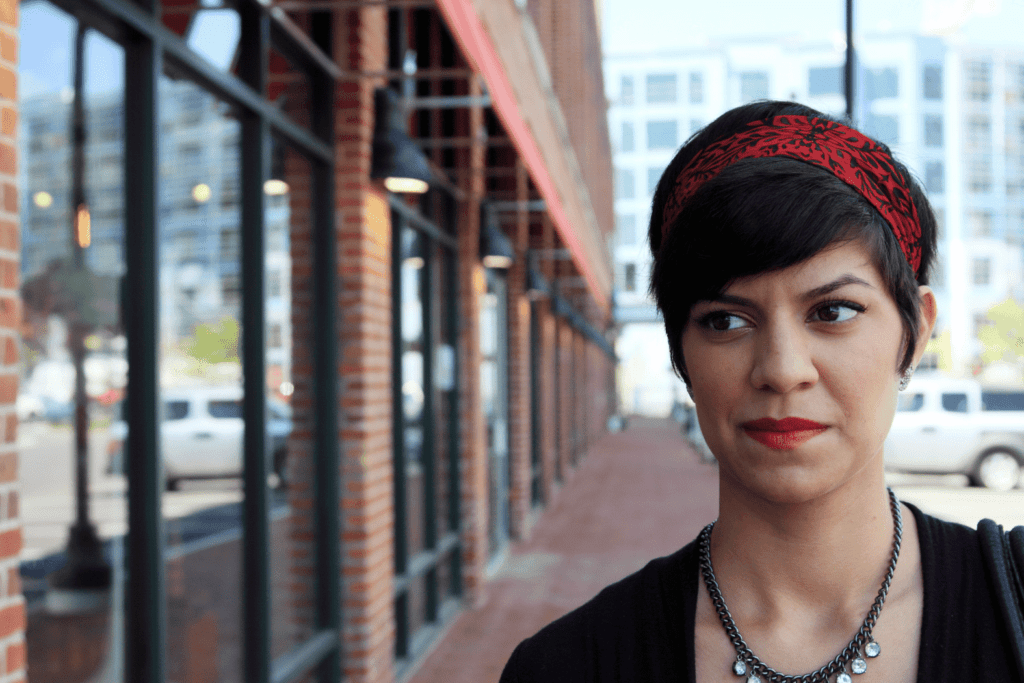Dialogue for Equity: Orienting to a Distant Star

We can build the skills to have the kinds of uncomfortable conversations that allow us to bring principles of equity and justice into practice. It is about being open to learning, and building the capacity and necessary container for honesty. We can stretch ourselves to beaAble to sit with discomfort, set boundaries, and hold each other accountable.
Psychological Safety, Two Ways

Psychological safety is very important but figuring out how to create it can feel like a big and confusing topic. This blog post offers an explanation and comparison of two frameworks for assessing and measuring psychological safety in the workplace to help you figure out the best approach for your context.
This is Your Brain on Work Relationships

People need a sense of belonging and purpose, and we thrive through connection and mutual trust, but our workplaces are not set up to encourage trust-based relationships. We can change those workplace structures and cultures by integrating greater practices of trust into our work.
Why We Gossip About People at Work

Leaders often try to get people to stop gossiping without a deeper understanding of what is driving the behaviour. Is there conflict that needs to be addressed? Are there systemic issues that people are upset about? Getting people to stop the behaviour is very hard if we are not addressing the root cause.
How to Be A Workplace Where People Learn and Grow

When an organization creates enough psychological safety to encourage learning, people are more likely to experiment, take risks, make mistakes they can learn from, and as a result, come up with innovative and unexpected solutions to complex problems.
Nine Tips for Giving Good Feedback in the Workplace

Feedback is very important. It is the way we learn, grow and become the people we want to be. Regular and supportive feedback helps people shift out of fear and experience it as an opportunity. You can create a workplace culture where feedback is welcomed, expected and part of the norm.
How To Be A More Trauma Informed Workplace

Trauma is very common in the workplace, and many workplace cultures make it worse or even create it. Learn tangible steps for building a trauma informed workplace culture that supports people’s safety, belonging and dignity.
Why We Avoid Conflict in the Workplace

Conflict is unavoidable. It is a natural part of human interaction. When we try to avoid it, we usually make it worse. The best thing you can do to improve your team dynamic is develop your own capacity to engage in conflict, and support others to do the same.
What to do if “No One Wants to Work Anymore”

People are pushing back against the narrative about work that it is normal and expected to go above and beyond, stay late, commute an hour each way, and demonstrate excellence in everything. Many parents are no longer willing to miss a birthday or the school play because of a deadline. Leaders are having to catch up with this change to support engagement and healthy workplaces.
How a Workplace Came Back Stronger from a Crisis

Andrew, Enviro’s Director of Operations, knew that something major needed to be done to support healing after a formal complaint of bullying and harassment led to an investigation. They needed a solution to the immediate crisis, but he had a bigger vision than that. He wanted to build a healthy workplace culture where people could collaborate respectfully, disagree constructively, and feel safe enough to learn from feedback.
